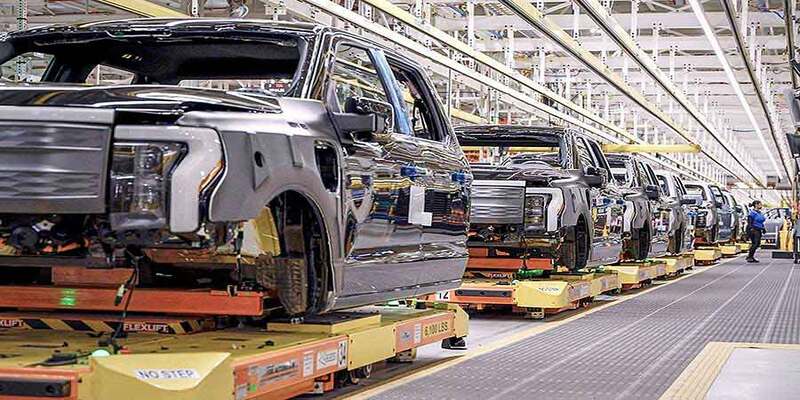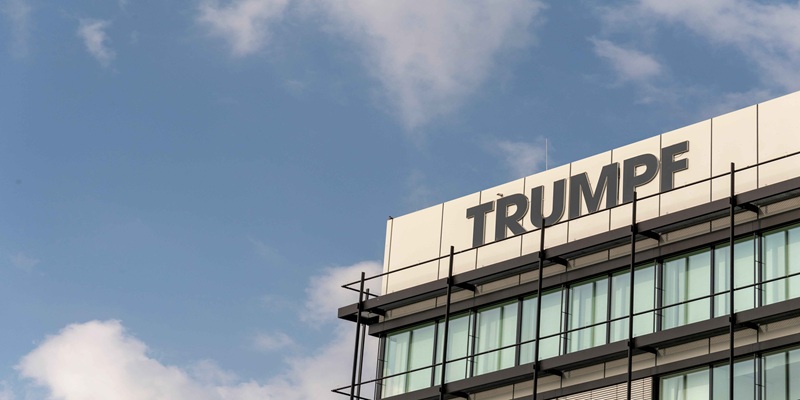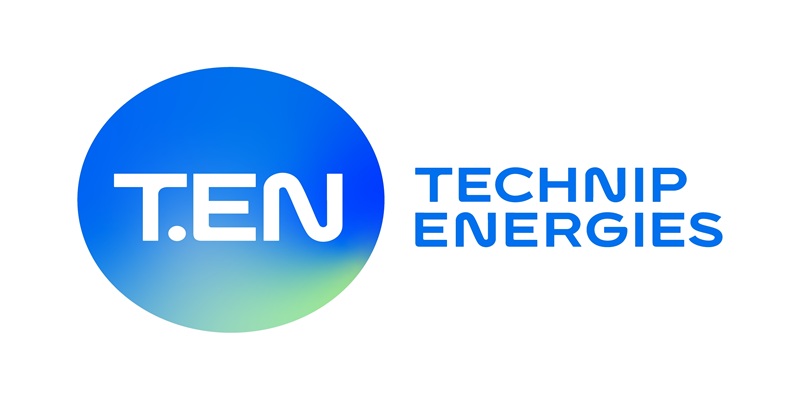Schedule a Call Back
With automotive supply chains stabilising, focus on sustainability expected to rise back up automakers’ agendas
 Industry News
Industry News- Sep 12,23

Related Stories

MIT-WPU Patents Passive Hybrid EV Battery Cooling System
MIT-WPU researchers have patented a fully passive hybrid cooling system for EV batteries, improving thermal safety, reliability and performance under India’s high-temperature conditions
Read more
TRUMPF Showcases Laser and Plasma Technologies at Semicon Japan 2025
At Semicon Japan 2025, high tech company TRUMPF demonstrates how innovative laser and plasma technologies can reduce production costs, improve chip quality, and make the semiconductor industry fit f..
Read more
India’s demand for high-precision machine tools is rising: K Balasubramaniam
In this interaction with Rakesh Rao, K Balasubramaniam, Founder, Tsugami Precision India, discusses the evolving machine tools landscape and the company’s role in shaping India’s manufacturing t..
Read moreRelated Products

Automotive Oil Pump
Kalpak Auto Pvt Ltd offers a wide range of
automotive oil pump.
Tata Motors unveils facilities for development of Hydrogen propulsion tech
Tata Motors, India?s largest automobile company, unveiled two state-of-the-art & new-age R&D facilities for meeting its mission of offering sustainable mobility solutions. The unveilings constitute of Read more
Tata Motors plans petrol powertrain for Harrier and Safari SUVs
Tata Motors is in the process of developing a new petrol powertrain for its premium sports utility vehicles, the Harrier and Safari, as confirmed by a senior company official. Currently, these models Read more















